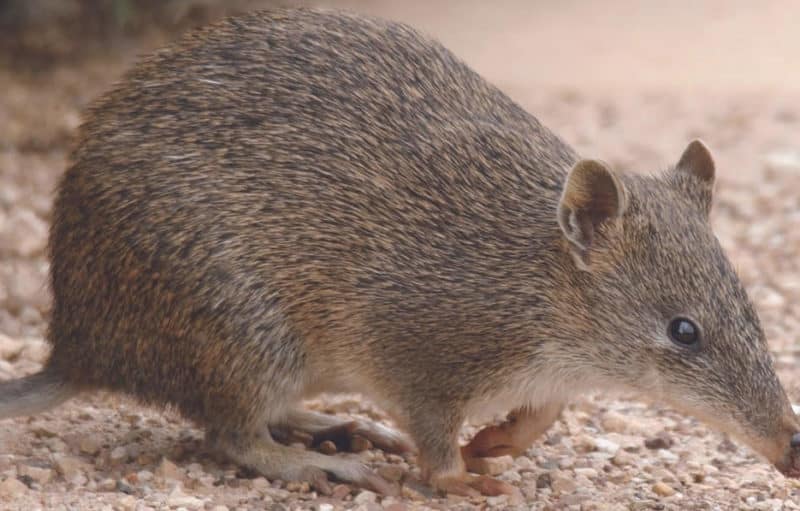TRIBUTE |
Ian Harris
(1948–2021)
The Victorian National Parks Association community is saddened by the passing of Ian Harris. Ian served as our President from 2001 to 2004, continuing as Vice President until 2006. He was a Member of our organisation since the very early days in 1975.
Ian was slightly built and neat, always courteous, thoughtful, and quietly spoken. Unlikely character traits for an environmental warrior, perhaps, but warrior he was. His passion for the environment was driven by the power of his intellectual rigour, and he also understood that campaigning for the environment can be a long, hard game.
During Ian’s time at the helm of VNPA, he was involved in some of those long, hard, but ultimately successful campaigns.
He had always believed that the organisation’s work was critical for achieving a truly world-class national park system in Victoria.
Ian was there as the VNPA campaigned successfully for the establishment of the world’s first network of marine national parks, the creation of national parks in the Box Ironbark forests, the creation of an integrated Point Nepean National Park, and an end to alpine cattle grazing.
Many who were active in those campaigns have spoken about Ian’s wise counsel and heartfelt encouragement, which meant so much when the task seemed impossibly tough.
He was a very patient, persuasive man and understood how to bring people into meaningful consultation and decision making. Importantly, he understood the issues because he understood the science.
Ian had pursued his love for science through university, graduating with a Bachelor of Science (University of Melbourne) and Master of Environmental Science (Monash University).
He was able to draw on this strong grounding in the sciences when he became a manager at the then Victorian Department of Conservation and Environment in the early 1980s. There he was appointed Director of Flora and Fauna, then Director of National Parks, and a member of the Land Conservation Council.
He moved to the Environment Protection Authority in the 90s, where he was Director of Environmental Science and concurrently the Victorian representative during the development of Australia’s first National State of Environment Report.
The underlying theme of Ian’s professional life was his commitment to conserving and protecting the environment.
During his time with the Lands Department he was responsible for identifying and cataloguing small ‘islands’ of remnant bushland which were scattered all over Victoria, and were critical hotspots for biodiversity. These small patches of bush were threatened by the active cultivation and agriculture that surrounded them.
It is thanks to remarkable work by Ian and his colleagues that those endangered areas are now permanently protected as ‘Bushland, nature conservation, and flora and fauna reserves’.
Years later, he was to become involved in the protection and good management of all public land in the state as a member of the Victorian Environmental Assessment Council from 2011 to 2015.
The environment was central to Ian’s work at the City of Melbourne too, as Head of Policy and Planning, Parks and Recreation. He was a vital advocate for urban parks and gardens and was particularly involved in two major projects: the development of a master plan for the World Heritage-listed Carlton Gardens, and planning for a $5 million habitat, water treatment and recycling wetlands in Royal Park; known as the ‘Trin Warren Tam-boore Bellbird Waterhole’.
Ian’s passion for the natural world and the environment was lived out in his love of bushwalking, ski touring, camping out and exploring national parks. He was a keen gardener and an enthusiastic traveller to remote, less travelled places.
Ian died in August this year after a battle with cancer.
He is survived by his beloved wife Jillian, much-loved children James and Fiona, and grandchildren Ava, Erin, Aisling and Sam.
His lifelong contribution to the protection of Victoria’s finest natural areas will be a lasting memorial to a fine man. He has left the world a better place, but he will be sadly missed by us all.
By Chris Smyth and Kate Baillieu
